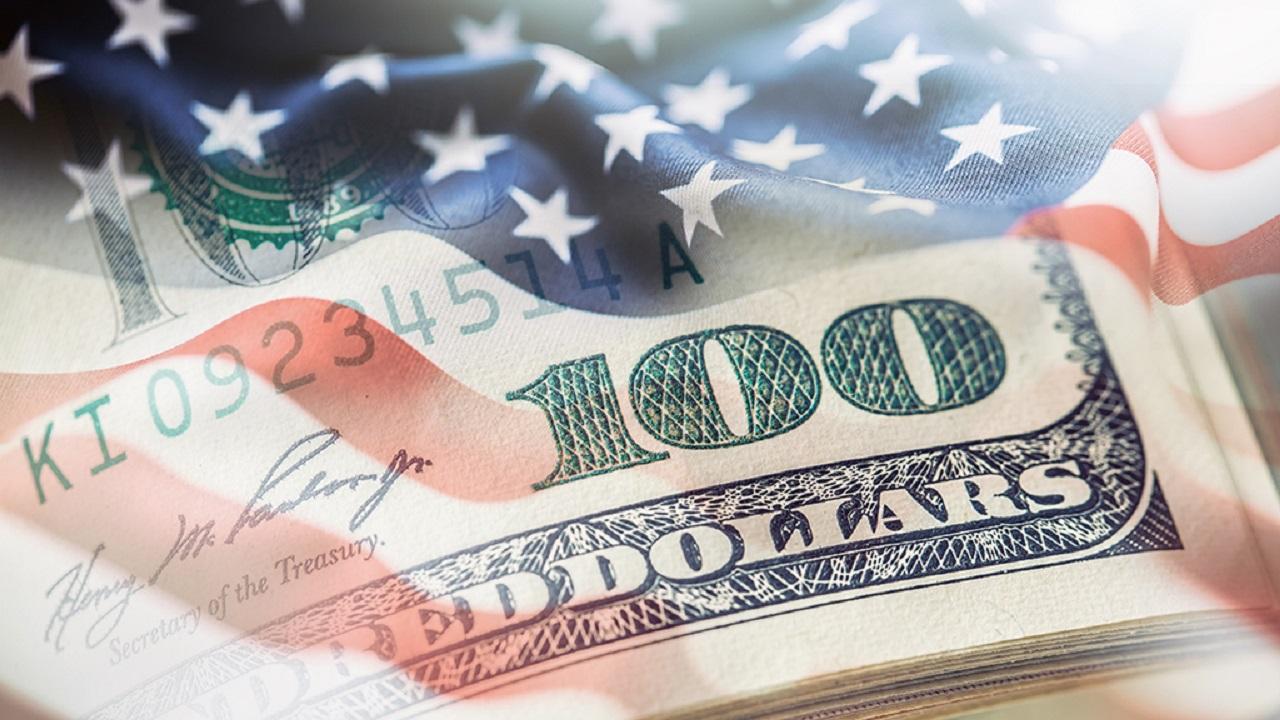Coronavirus stimulus relief: How to spend the money
The cash is expected to arrive within three weeks
Get all the latest news on coronavirus and more delivered daily to your inbox. Sign up here.
With coronavirus cash relief on its way to families’ bank accounts in the coming weeks, many people likely have a good sense of what they will need the money for.
The payments will be $1,200 per adult for those with adjusted gross incomes of up to $75,000. The threshold for married couples is $150,000 – they are eligible for $2,400 and $500 per child.
CORONAVIRUS STIMULUS CHECKS: WHO GETS MONEY AND WHEN?
Treasury Secretary Steven Mnuchin said Friday that people can expect to receive their checks in three weeks, on April 17 – which is when the direct deposits will go into people’s accounts.
The relief is intended to hold Americans over until the U.S. economy is up and running again – the federal government and state governments have made the decision to shut down many businesses in an attempt to limit human-to-human contact. As a result, many people have either found themselves without a job or with reduced hours. Therefore, the cash can be used as short-term relief for pressing, essential payments, including everything from bills to groceries and other basic necessities.
CORONAVIRUS STIMULUS CASH: DON’T WAIT FOR YOUR CHECK IN THE MAIL
If you have money left over after the essentials are taken care of, Oleg Yavorovskiy, founder and CEO of Guardian Debt Relief, told FOX Business consumers can try to save some money (10 percent to 15 percent if possible) to begin building an emergency savings account.
“Consumers should pay their basic expenses first, but it’s never too late to start saving,” Yavorovskiy said. “Having a financial cushion will help in an emergency and give consumers peace of mind as well.”
CLICK HERE TO READ MORE ON FOX BUSINESS
Another viable option would be to pay down high-interest debt – like credit card debt – which only builds on itself over time, Yavorovskiy said.
According to data from the New York Fed, U.S. household credit card debt hit a record $930 billion during the final quarter of 2019, while delinquency rates were on the rise.
And finally, Americans can keep their expenses down during the current period of financial instability by following the government’s recommended guidelines to stay physically healthy.
“Two out of three bankruptcies are due to medical expenses,” Yavoroskiy said. “Now is the time to stay healthy to avoid unnecessary medical expenses.”




















